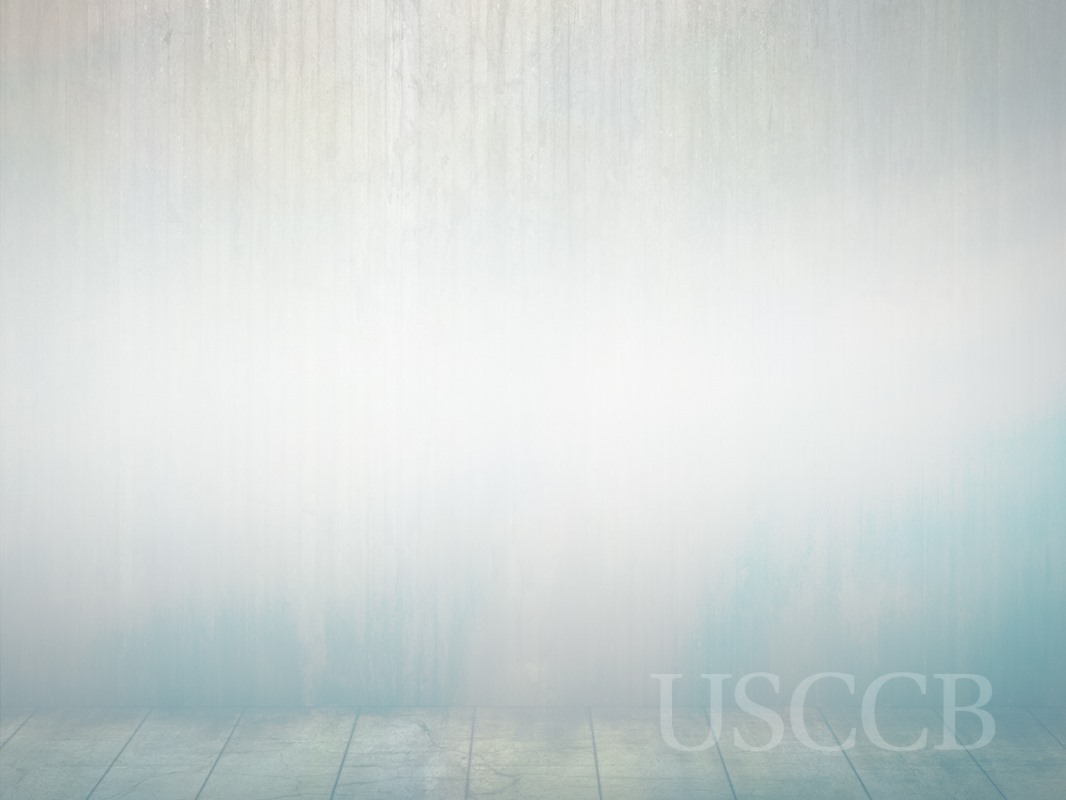

50
|
How to Cover the Catholic Church
If there are several auxiliaries, as there typically are in very large dio-
ceses or archdioceses like Chicago, New York or Los Angeles, those auxiliaries
not designated as vicars general are to be made
episcopal vicars
. Priests may
also be named episcopal vicars. Within the geographic area or type of affairs
entrusted to him, an episcopal vicar has the same executive powers that a
vicar general has over the whole diocese. Often episcopal vicars are respon-
sible for a particular geographic region of the diocese.
Chancellor
The chancellor is the official keeper of the diocesan records and archives and
is the diocesan notary. He or she is responsible for recording all official dioc-
esan actions and overseeing parish record keeping. Once only priests could be
chancellors, but under the new
Code of Canon Law
adopted in 1983, ordina-
tion is no longer a prerequisite. Since then a number of women have become
chancellors in U.S. dioceses; it is the highest-ranking diocesan position open
to women.
Judicial Vicar and Tribunal Officials
Although the diocesan bishop is the chief local ecclesiastical judge in church
law, he can and ordinarily does delegate that responsibility to a
judicial vicar
and to judges who sit on the diocesan
tribunal
, or court. The judicial vicar
oversees the activities of the court and is one of its judges. Most court cases in
a diocese concern petitions by civilly divorced Catholics to have their former
marriage declared null—commonly called an
annulment
.
Sometimes the diocesan courts are referred to as
marriage tribunals
. This
term is technically inaccurate since they do have jurisdiction over other cases
as well, but it is fairly accurate as an empirical description of what most of
these courts actually do most of the time.
The judicial vicar must be a priest. Although some other judges on the tri-
bunal need not be ordained, on any three-judge panel (the normal number to
hear any case) at least two must be priests. Apart from judges, other key tribu-
nal officials include the
defender of the bond
—in essence the church attorney
charged with advocating for the validity of a marriage against any claim that it
was not valid—and the advocate for the person claiming a previous marriage
was null. Judges must have graduate degrees in canon law.

















